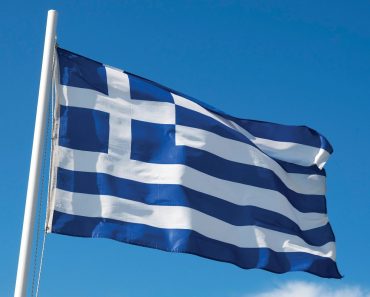Greece’s participation in Eurovision 2025 has reignited diplomatic sensitivities between Athens and Ankara, as Turkey expressed strong objections to statements made by Greek representative Claudia, which it perceived as carrying implicit political references to the Pontic Greek genocide.
According to Turkish media, particularly the pro-government newspaper Turkiye, the European Broadcasting Union (EBU) allegedly issued a warning to Greece’s national broadcaster ERT. The EBU reportedly urged caution regarding any public remarks made by Claudia that could be interpreted as politically charged or provocative toward Turkey.
The controversy centers on Claudia’s comments in a Greek interview, where she spoke about her family’s refugee background. “My family were refugees. My grandmother told me they were exiled to the Soviet Union. They returned to Greece in 1991,” she said. Turkish outlets interpreted this as an indirect reference to historical events that they believe are misrepresented.
Turkiye claims that prior to the contest, Turkish officials had already planned to formally complain to the EBU about the Greek entry “Asteromata”, arguing that its lyrics contained subtle allusions to the Pontic genocide — a term Turkey firmly rejects. Turkish authorities reportedly warned that if the song was found to contain political messages, official action would be taken within the framework of EBU regulations.
The article further suggests that Turkish diplomatic pressure may have influenced EBU’s stance, with Turkiye portraying the outcome as a diplomatic “success” for Ankara.
In statements attributed to Turkish diplomatic sources, the use of the term “genocide” is once again firmly denied. The events experienced by Pontic Greeks, they argue, have never been officially recognized as genocide by an international court, citing the 1948 Genocide Convention as a reference point. They also called for a broader historical assessment that includes alleged Greek actions against Turks in the past.
This latest episode highlights how the Eurovision Song Contest — despite its artistic and musical nature — continues to serve as a stage for political narratives and unresolved historical disputes.
Stay tuned to Eurovisionfun for all the updates!
Source: Ethnos







